Long, winding road to Westpac’s $1.3bn disaster
When a shocking realisation dawned on Westpac that its critical early warning system was a house of cards, here’s what happened next.
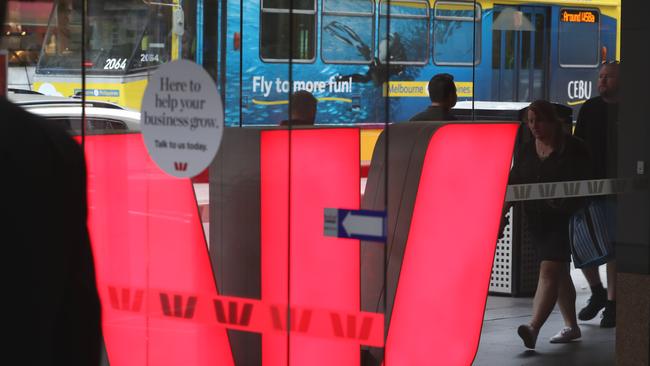
Two years ago, the shocking realisation dawned on Westpac that its critical early warning system to detect financial crime was a house of cards.
On August 15, 2018, the nation’s second-biggest bank took the fateful step of telling Austrac chief executive Nicole Rose that its automated IFTI (international funds transfer instructions) reporting system had broken down due to a technology glitch.
One by one, the cards began to fall, leading to a management and board upheaval last November in response to Austrac’s excoriating statement of claim, and Westpac’s capitulation on Thursday to Rose’s demand for a record corporate penalty of $1.3bn.
These are dark days for Westpac and the bank can’t stop saying sorry.
In case it needed any reminding, the 83-page statement of agreed facts and admissions (SAFA) lodged with the Federal Court said Westpac’s epic compliance failure meant opportunities had been lost to disrupt possible unlawful activity, including child exploitation, money laundering, terrorism financing and tax offences.
“I would like to apologise sincerely for the bank’s failings,” chief executive Peter King said.
Yet another abject expression of regret puts King in the same elevated category as his predecessor Brian Hartzer, chairman John McFarlane and his precursor Lindsay Maxsted.
But the truth is that no amount of apologies will claw back $1.3bn, if the Federal Court agrees that the proposed punishment fits the crime.
When the history of Westpac’s entanglement with Austrac is written, there will also be some key subplots.
One of those will be the prolonged implementation timeline, dating back to 2010, for implementation of the IFTI reporting requirements introduced by the anti-money laundering and counter-terrorism financing legislation.
That period reaches way back into the tenure of Gail Kelly, who was CEO from 2008 to 2015.
There was a lot going on at Westpac early in Kelly’s reign, including the financial crisis and the takeover of St George, the bank she previously ran.
Buried near the end of the SAFA release on Thursday is the extraordinary revelation that Westpac had spent $632m on financial crime compliance, including AML/CTF, since 2014.
In the past three years, the number of people in the bank dedicated to financial crime reporting and compliance had doubled to 750, with a target of reaching 950 by the end of this year.
The sheer scale of the investment raises the question of underinvestment in the Kelly years.
The other theme in the Austrac debacle is the unheralded role played by Di Challenor, the bank’s general manager of global transaction services who joined Westpac from JPMorgan in 2017.
While Challenor is not mentioned by name in the SAFA, she is by the reference to her position, with the document’s narrative supporting the internal Westpac account of her pivotal role in identifying and flagging the compliance breakdown.
About six months after joining Westpac, on August 8, 2017, Challenor asked for an urgent review of the scale and completeness of IFTI reporting in global transaction services. “This request prompted significant activity in a short time period,” the SAFA says.
Other employees, it says, became aware of the non-reporting of an unnamed correspondent bank, and a staffer in the digital transformation technology team identified that IFTIs in relation to another bank were not being reported to Rose at Austrac.
Despite this, the non-reporting was not raised with senior management. In fact, it wasn’t until May 2018 that the group money laundering reporting officer became aware of the issues, after which urgent steps were taken to escalate the matter internally and then report it to Rose on August 15.
The cards were now falling.
As the SAFA says: “IFTI information facilitates the tracking of offshore movements of funds relating to offences such as money laundering, terrorism financing, cybercrime, child exploitation and other crime.
“Given that international payments systems allow money to move quickly, late IFTIs compromise the ability of law enforcement to trace money and to investigate and prosecute crimes.”
Late IFTIs also delayed law enforcement’s ability to identify and stop ongoing crime, and compromised efforts to trace and recover the proceeds of illegality.
The SAFA outlines a long list of measures Westpac implemented since it confessed to Austrac.
But it shouldn’t have taken the prospect of a $1.3bn penalty to jolt Westpac into action.

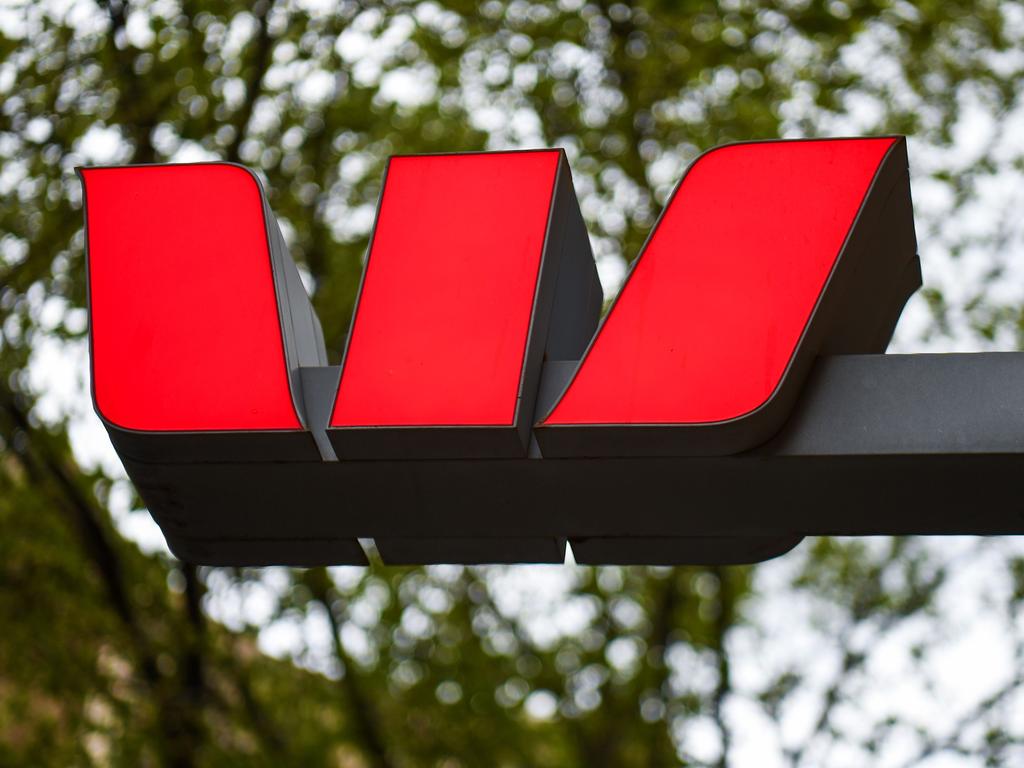
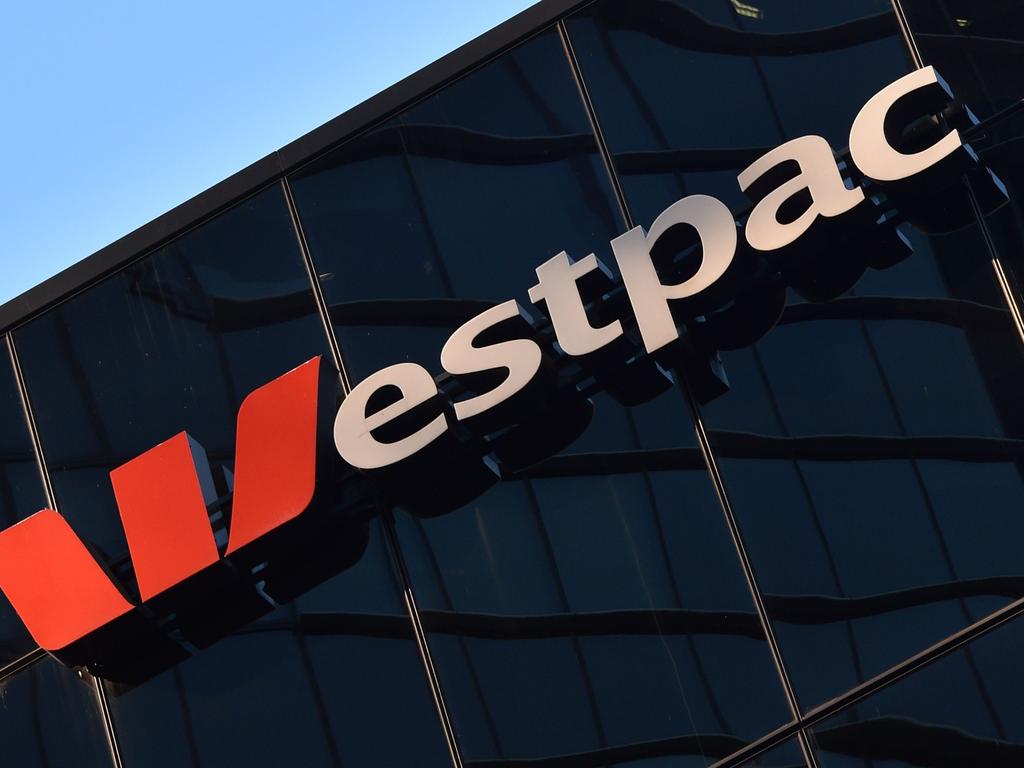
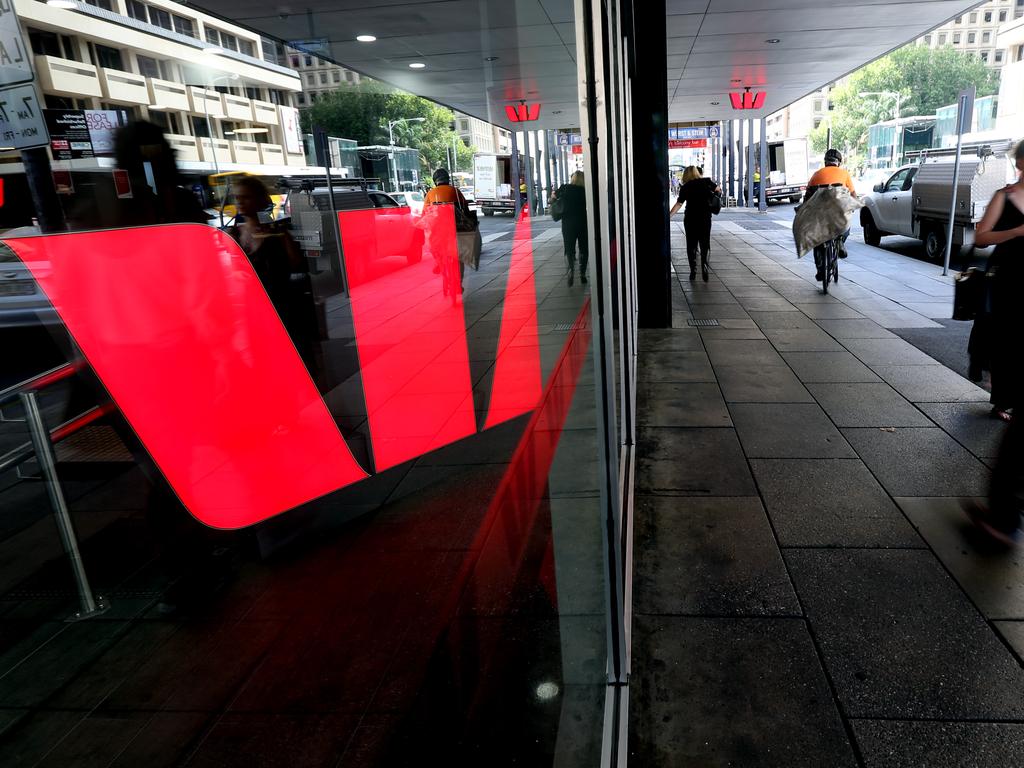
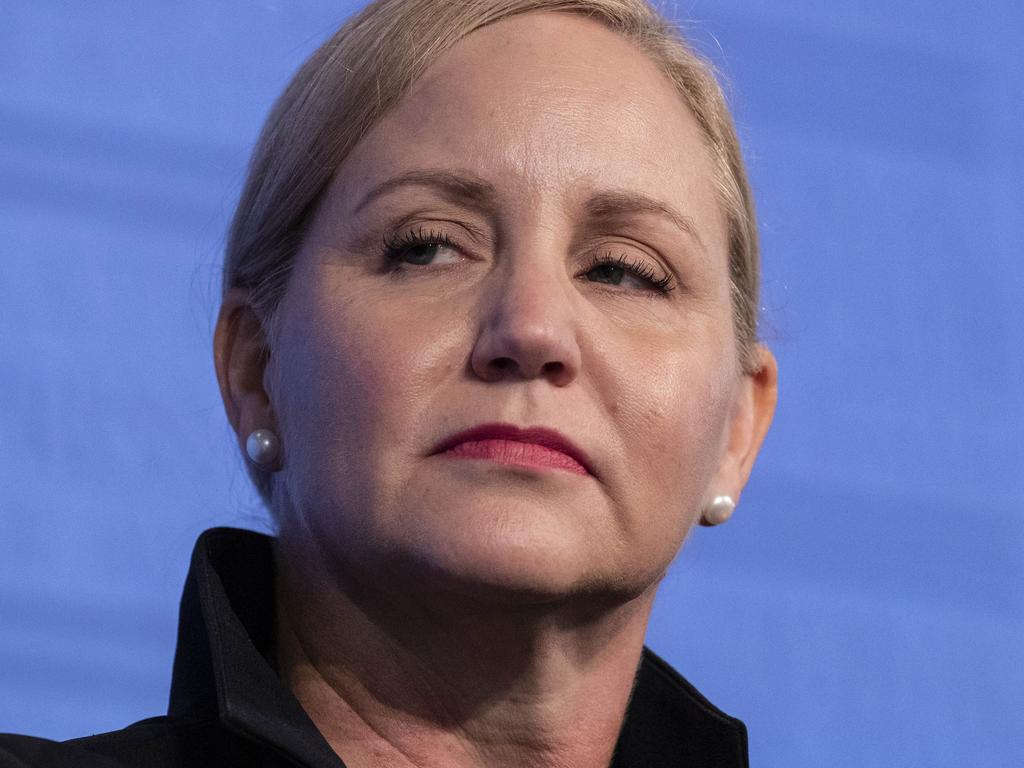


To join the conversation, please log in. Don't have an account? Register
Join the conversation, you are commenting as Logout